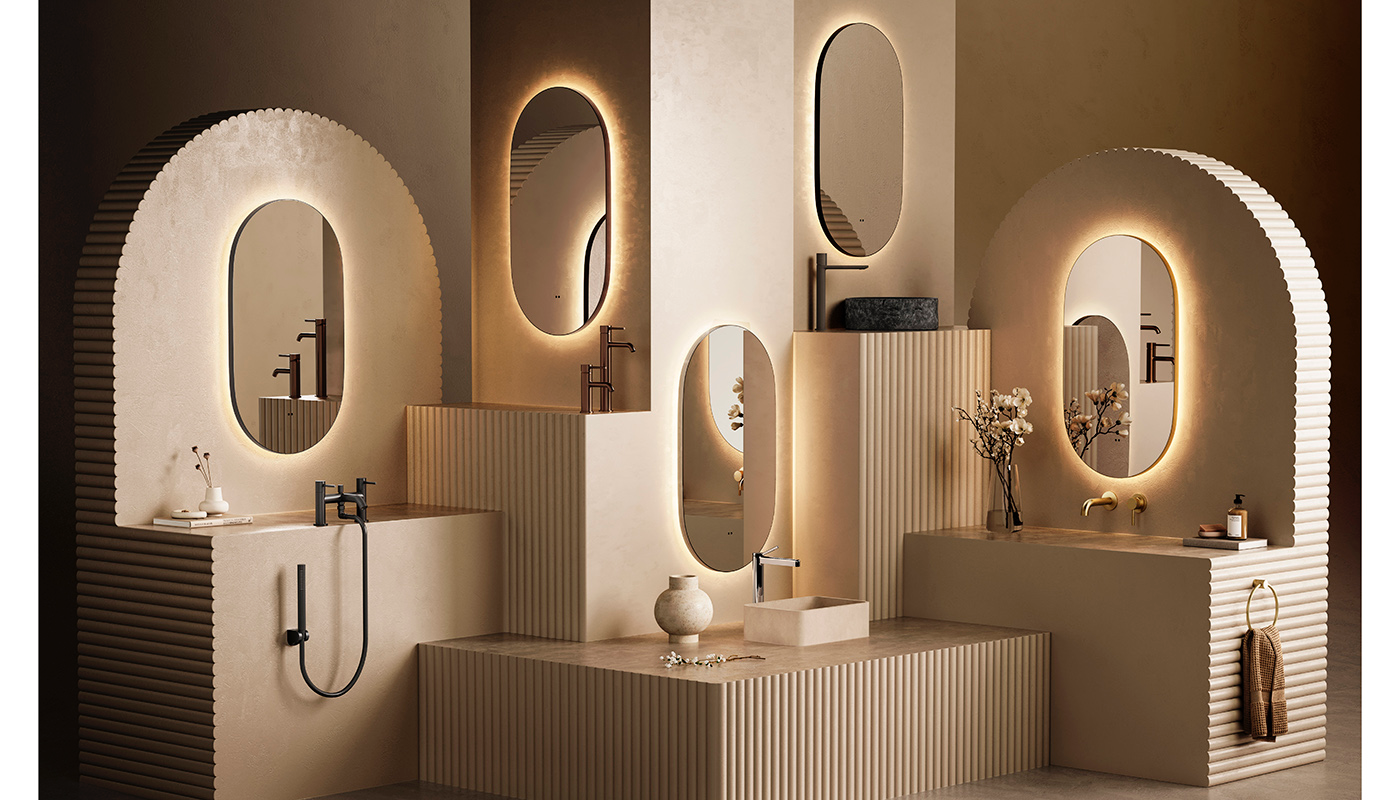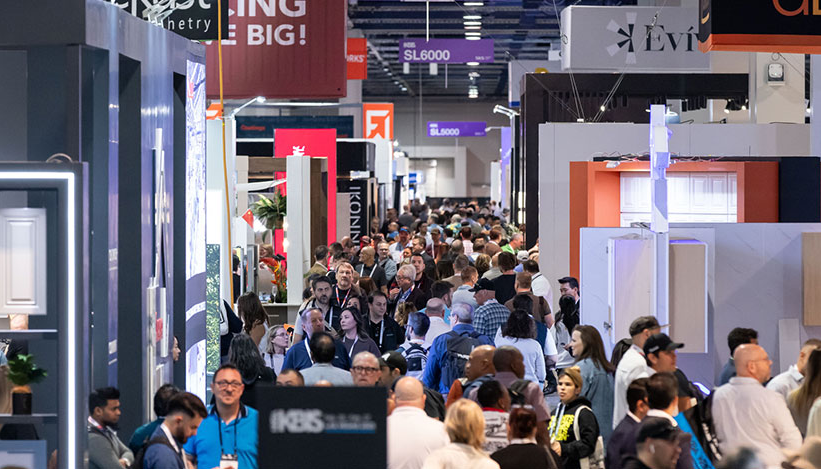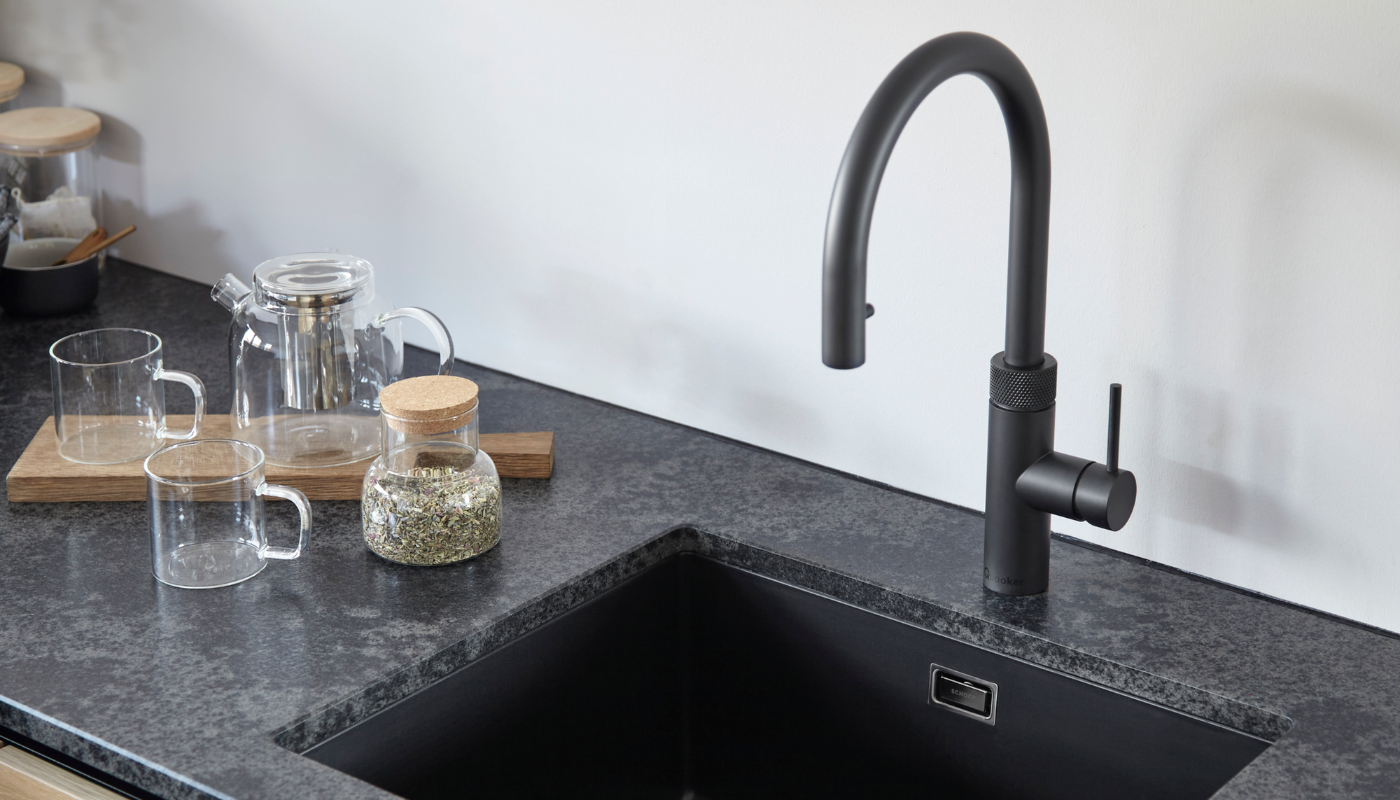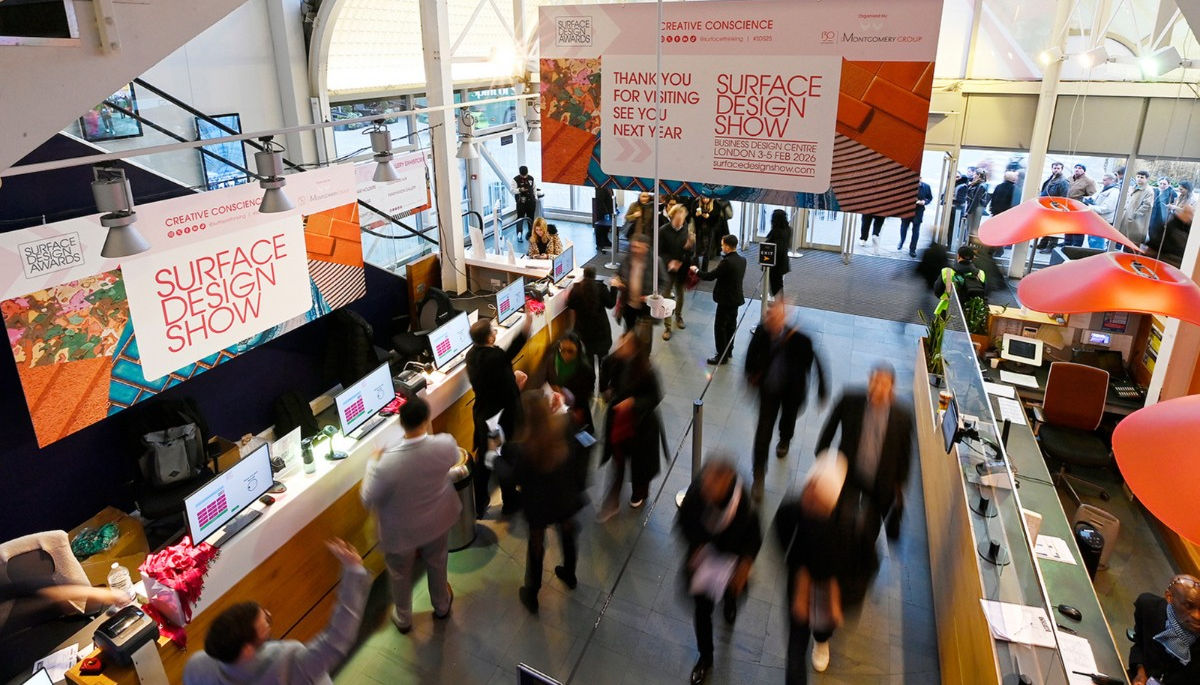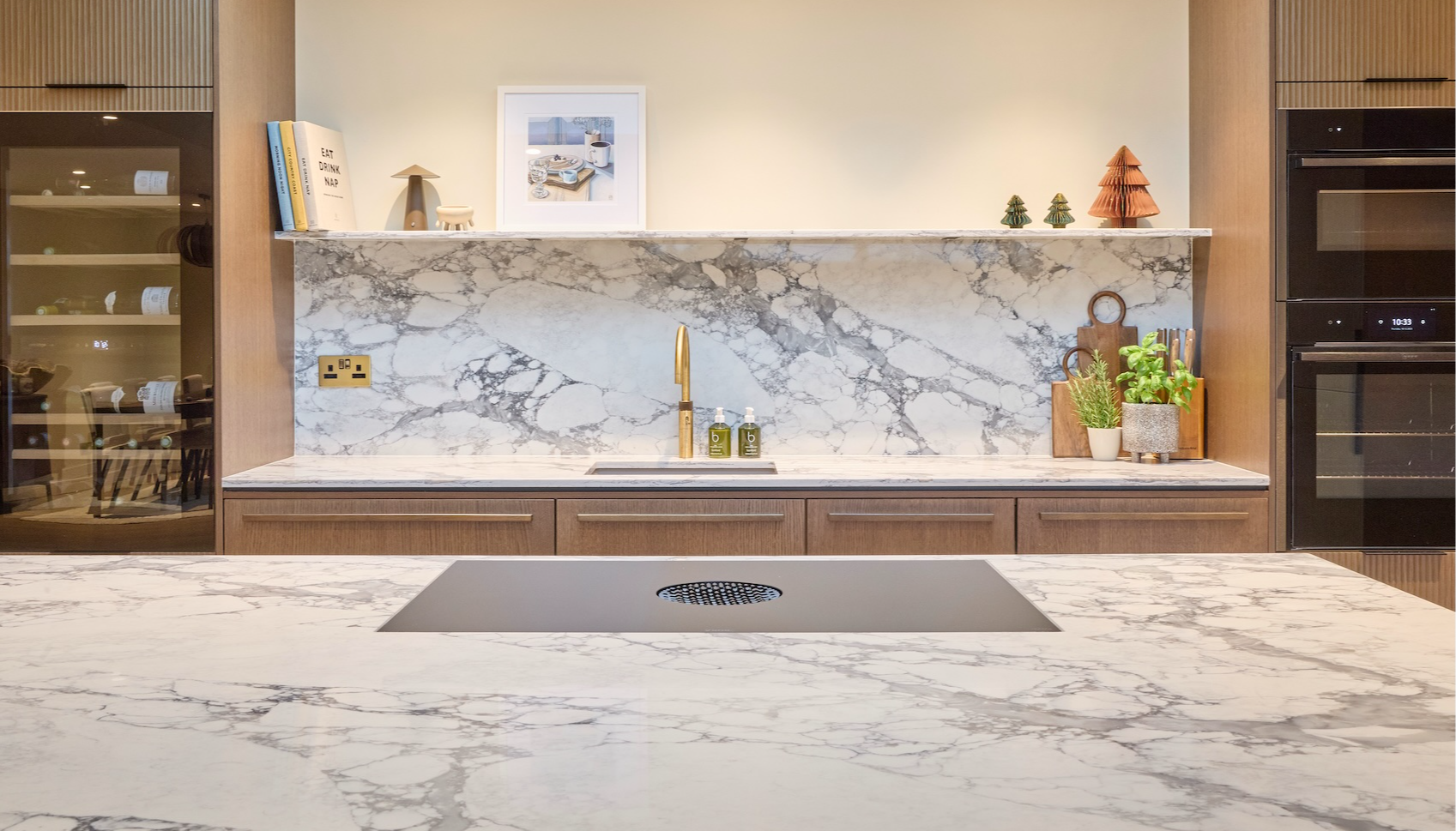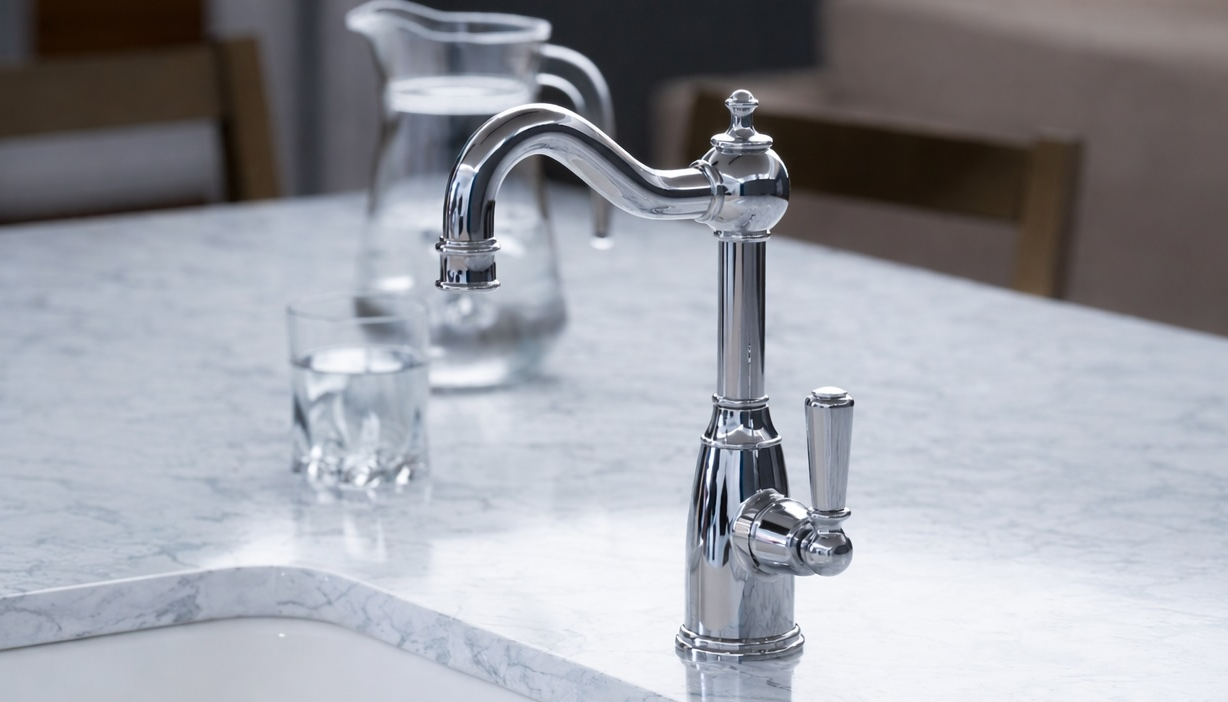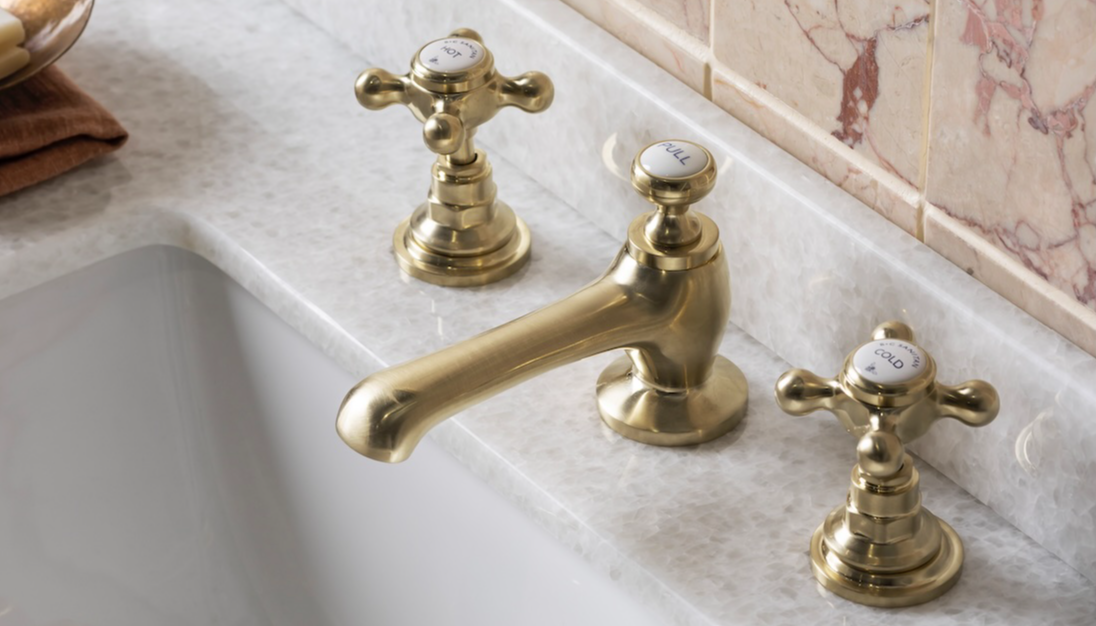Expert view: Should the metaverse matter to KBB retailers?
Fri 4th Nov 2022 by Katrina Bell

Expert view: Should the metaverse matter to KBB retailers?
Described as a virtual version of the Internet, a brave new world of augmented experiences is just around the corner – but what does it mean for the KBB industry? Katrina Bell investigates.
Like the surface of the moon, the virtual reality landscape championed most loudly by Mark Zuckerberg and his suite of Meta products, is a mystery wrapped up in a conundrum. And it’s probably full of peaks and troughs too. And like the moon, there’s plenty of real estate for retailers and brands to put a flag in the soil and claim their piece of it.
If NFTs (non-fungible tokens) still make your head hurt, the metaverse probably won’t make that much more sense, but think of it as a 3D universe where everyone appears as an avatar. Anyone of a similar age to me will immediately remember precursors such as 2003’s Second Life, which amazingly is still going and has its own marketplace. The big difference here is that products purchased in the metaverse are not always virtual. And just so you know, the merging of physical and digital environments is described as phygital – which must be one of the ugliest words invented in recent times.
Gaming has so far been the predominant player in VR, as gamers sought out an online, hyper-realistic space in which to congregate and compete. These early adopters have seen hardware such as headsets improve in capability and price, but much of the conceptual software and ecosystems has yet to be convincing.
That hasn’t stopped big name brands such as Samsung and Burberry having a gamble and buying up 96m wide and 96m deep plots to plonk their virtual shops. Thanks to a rabbit hole of a website called The Measure of Things, I now know that 96m is roughly the same length as Big Ben. What is less certain is which currency and virtual space will become dominant, and which of the worlds or technologies will go the way of the dodo.
Is it really so outlandish to suggest that while the current trend for buying up real estate is actually a symptom of corporate FOMO (fear of missing out), this Zuckerberg-fuelled juggernaut probably can’t – or shouldn’t – be ignored?
Many of us have already experienced augmented or virtual reality. If you use Microsoft Teams, you have the option to appear as an avatar. The hardware giant claimed in recent research that about 50% of Gen Z and Millennials envision doing some of their work in the metaverse in the next two years. Demographically it may not be your consumer today, but it could well be your consumer tomorrow.

While developers continue to frame the VR revolution as a holographic place to work, rest and play, there is another hemisphere where retailers can benefit from forward planning.
Experiential experts Mood Media released a report in October 2022 that found that 33% of UK shoppers will expect retailers to provide information on how to visit the retailer’s store in the metaverse or a similar virtual space. These digital, in-store capabilities are a gateway to VR in our homes eventually.
“As consumers return to brick-and-mortar stores in full force, what we see is that they’re coming back with evolved shopping habits and expectations,” said CMO Scott Moore. “They now increasingly see both online and offline as part of the same purchase journey (not one versus the other), and due to their growing comfort levels in the online space they now expect similar levels of digital technology solutions as an integral part of the physical space,” says Moore.
Just as important according to the report is the merging of the physical and digital environment, and here the novelty factor could easily be a retailer’s greatest ally. And the most likely route to the meta market.
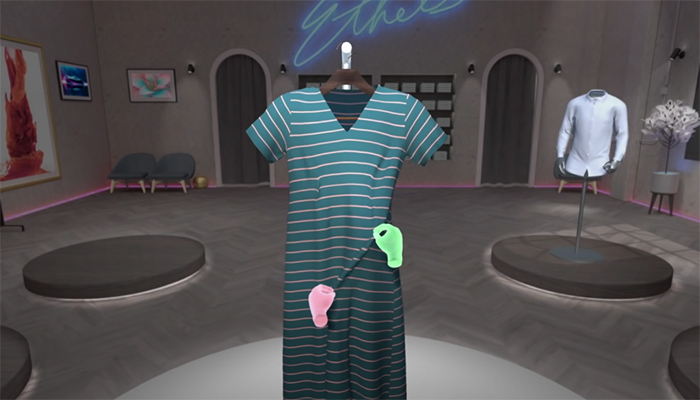
Customers already accustomed to using virtual showroom walkarounds on company websites and viewing CAD mockups of their new bathroom or kitchen would see none of the downsides of the technology and all of the upsides. The highly intuitive nature of virtual reality to allow consumers to visit their new kitchen workspace has potential to be the next big USP.
If Zuckerberg is right, the metaverse is the successor to mobile Internet, which by extension must mean that shopping and everyday social interactions are the next logical step. Is this new frontier still niche? Yes. Will it always be? Possibly not.
Tags: insight, features, metaverse, meta, digital marketing, virtual showroom, retail







